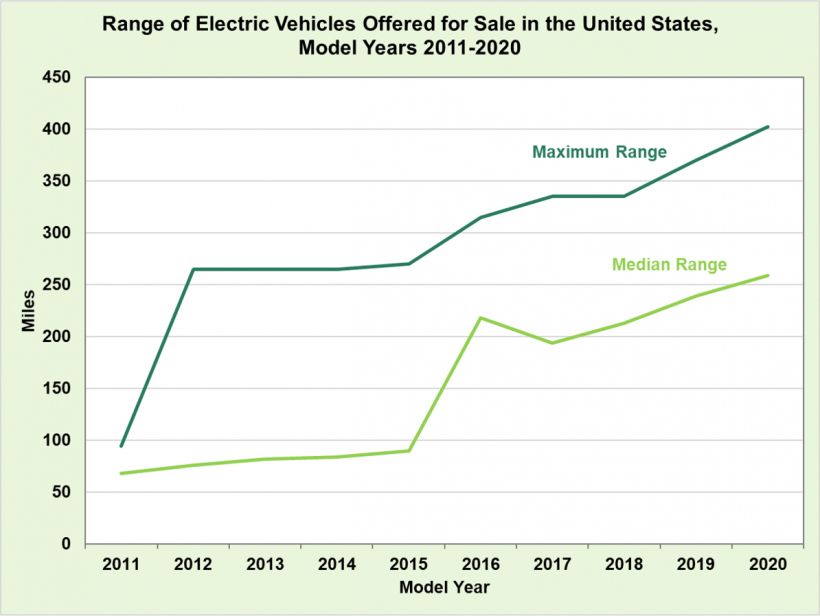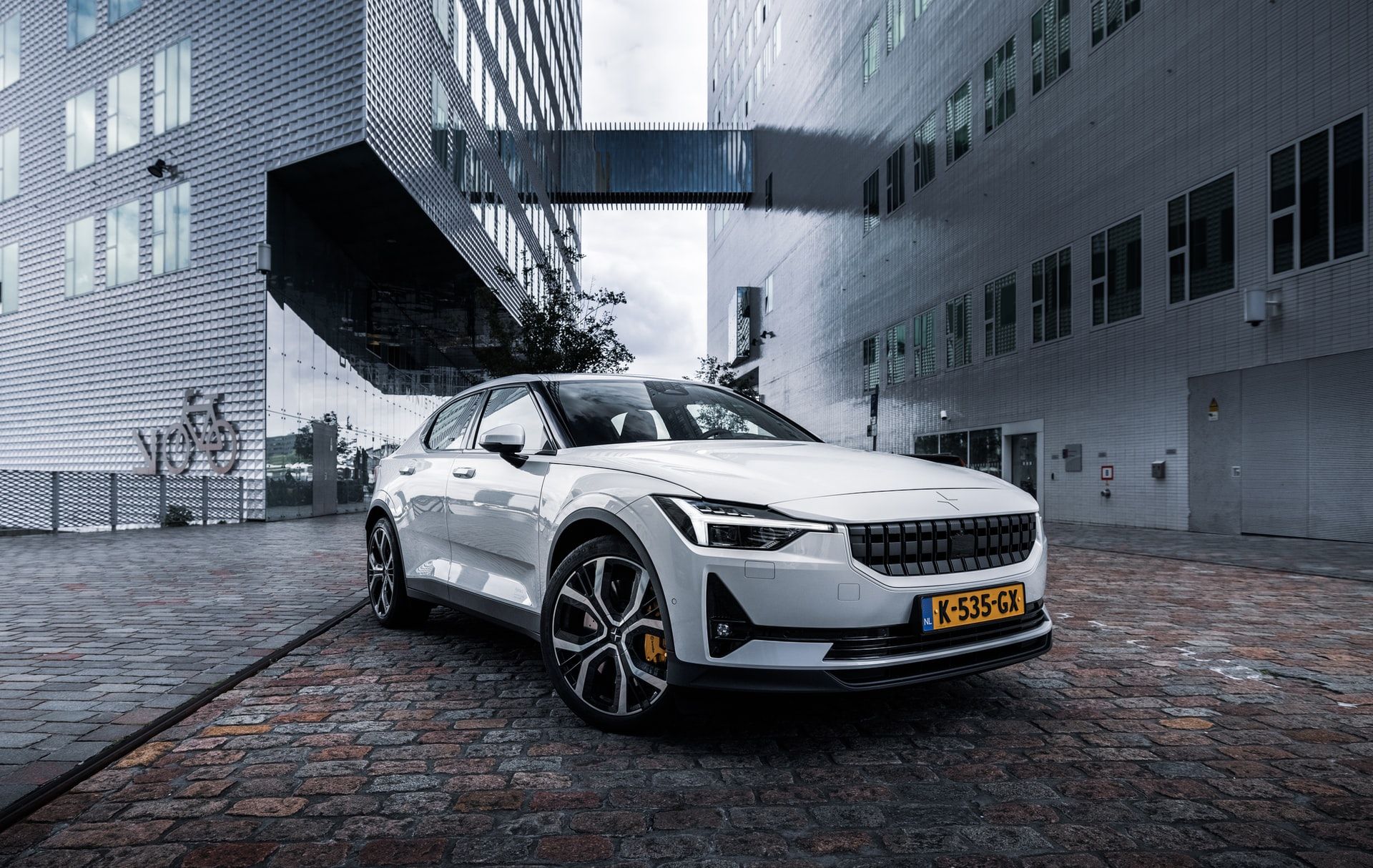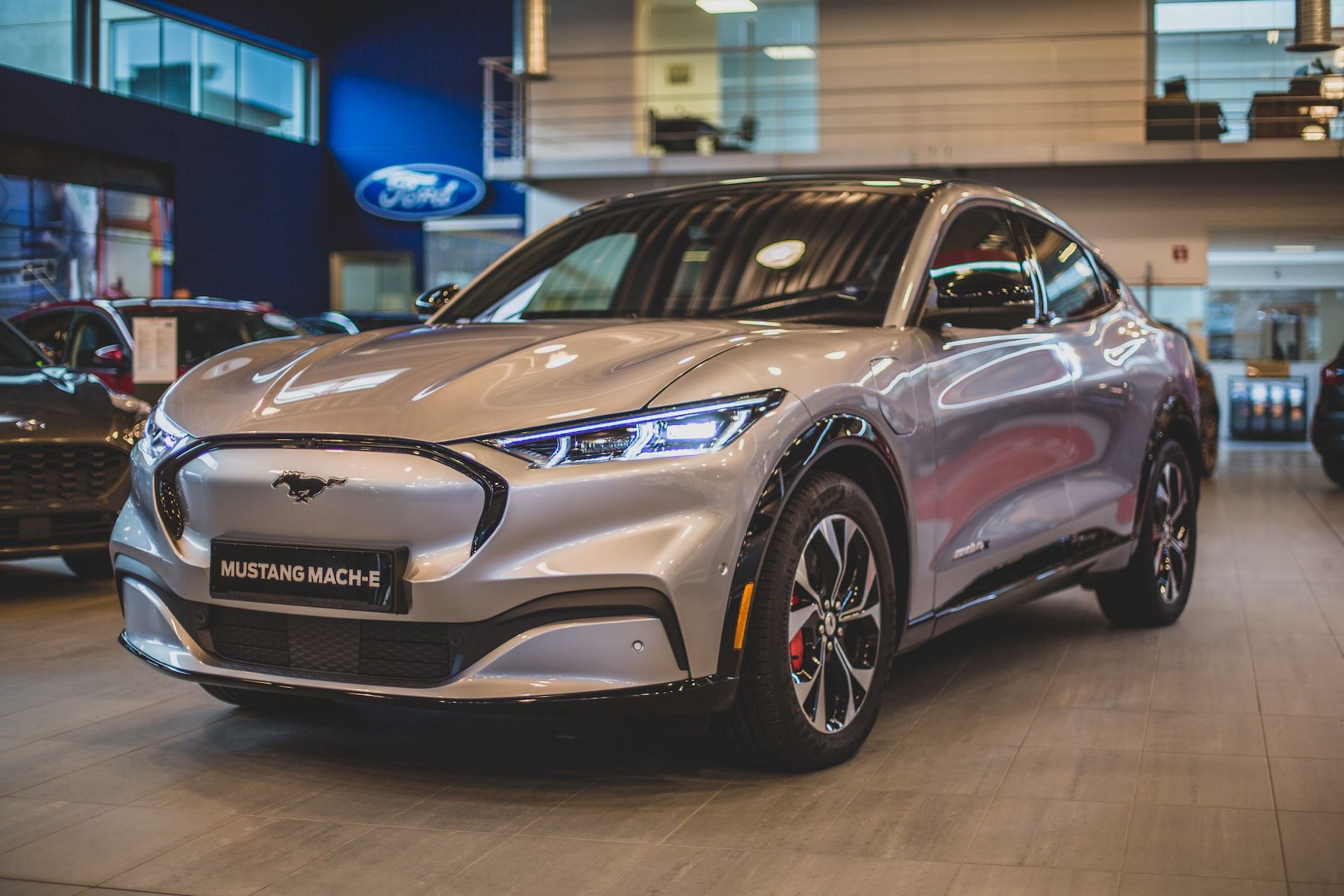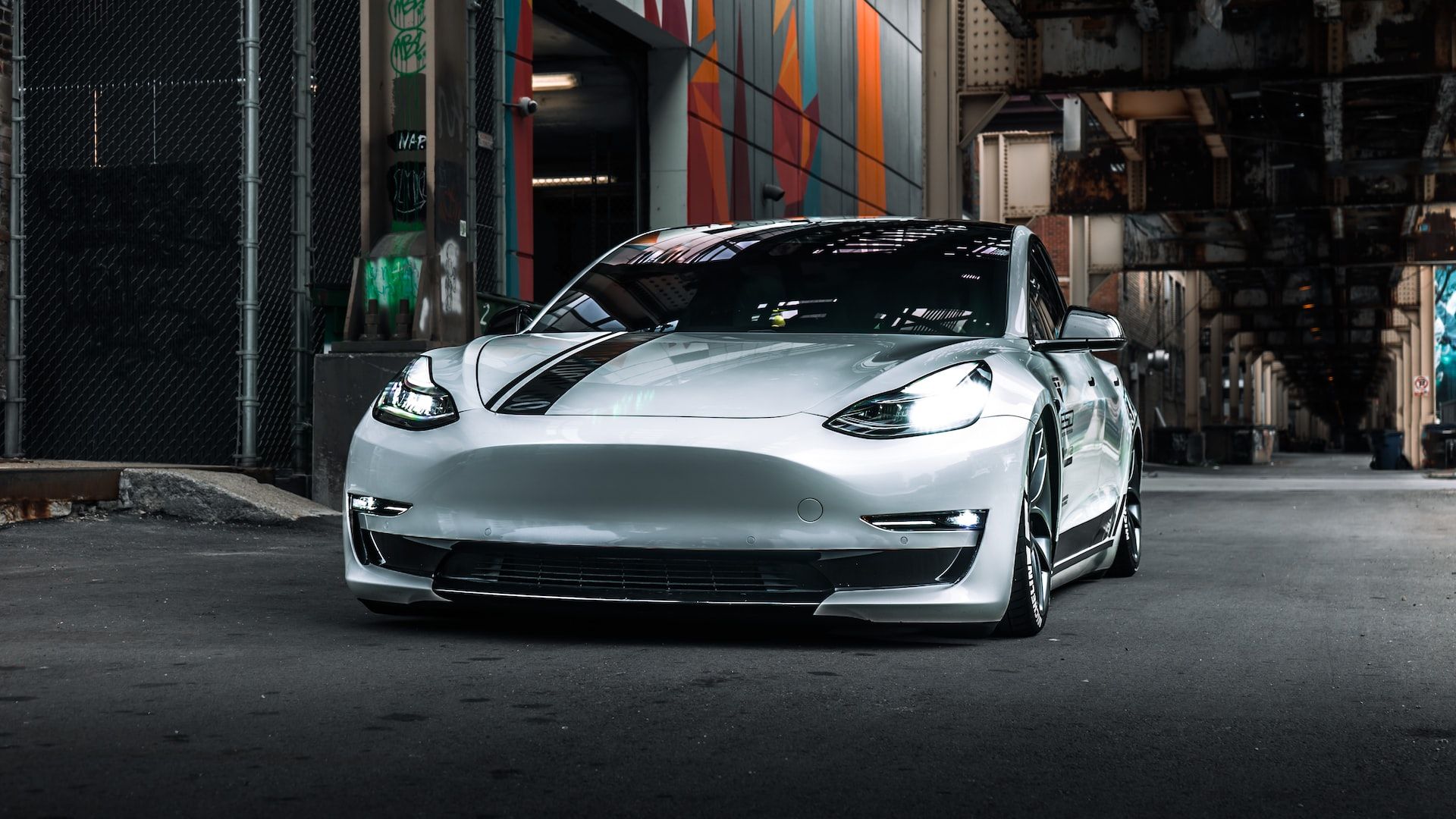EVs have become extremely popular, especially now electric vehicles are more affordable and come in the form of sedans, pickup trucks, and sports cars.
Though they're more affordable, is it worth buying a cheap EV, or should you save up a bit more cash to buy something nicer?
1. Range
One of the most important things to look out for when buying a cheap EV is its range and where to charge it. The best place to charge your vehicle is at home, using a home charger. You can plug in at the end of the day and wake up to a fully charged car in the morning, just like charging your phone overnight. If you live in an apartment complex, you may have to rely on public charging stations, which can be trickier.
According to the United States Office of Energy Efficiency and Renewable Energy, the average range of an electric car in 2021 was around 250 miles, the same as plenty of average-priced ICE vehicles. This means that if you buy a cheaper electric vehicle, such as the Chevy Bolt, you'll still be getting a range of around 259 miles.
This shows that even when buying a cheap, affordable EV, you won't be disappointed by the range. You can also see this with the Volkswagen ID.4 Pro with an average of 260 miles of range and the Hyundai Kona EV with 258 miles of range.
Already have an EV? Check out our article on how to improve your range.
2. Reliability
If you're looking for a reliable car, going for a more affordable option may actually be the way to go. According to Inside EVs, more expensive electric vehicles tend to be more unreliable due to the complex technology relating to the infotainment system and general luxury features.
Cheap electric cars with simpler infotainment systems and driving technology implemented in that brand's vehicles for decades are less likely to run into issues. However, newer manufacturers with more advanced technology may be more unreliable than cheaper EVs.
For example, the Chevy Bolt, which starts at $25,600, has a reliability score of 4.7 out of 5 on Kelly Blue Book. Though the Chevy Bolt was first released in 2016, it implements technology used in other Chevrolet vehicles for years.
More expensive models can be hit or miss. Some owners of Tesla Model S, Y, and X report no problems, while others have had long lists of issues, including panel gaps from the factory, the Tesla Model X doors getting stuck, and the infotainment shutting down while driving.
3. Performance & Driving Dynamics
The best part about getting an EV is knowing you'll get a car that is fun to drive, even if it's cheap. The Chevy Bolt hits 60 miles per hour in 6.5 seconds. Due to EVs having all their torque available at zero RPM, the 0-30mph times feel incredibly quick, especially for those coming from a cheaper gas-powered vehicle.
This is great because it means you don't need to spend absurd amounts of money on a Tesla Model 3 Performance to have a fun-to-drive EV. The Polestar 2, Mini Cooper SE, and Chevy Bolt are very fun to drive for the price. It may take some time to get used to for those coming from an ICE vehicle, however, since you lose the feeling of changing gears and the sound of the engine.
4. Maintenance Cost
One of the best parts about getting a fully-electric vehicle is not needing to get an oil change every 5,000 miles. Although there's no regular maintenance to do on your vehicle, there are a few things you should keep in mind.
In terms of battery maintenance, there's usually nothing you need to do on a normal basis. However, these batteries do have a limited lifespan. According to Energy.gov, some manufacturers use liquid coolant to maintain a safe operating temperature which requires regular checks, but this is only for certain manufacturers.
Most automakers also give their EVs 8-year/100,000-mile warranties that should last the vehicle's lifetime. If the batteries don't last that long, you'll be covered, and if it's out of warranty, you're looking at a significant out-of-pocket expense, which is why you should take care of your EVs battery.
There are fewer moving parts than in an internal combustion engine, and regenerative braking helps extend the life of your brake pads and rotors, contributing to less regular maintenance on cheap electric vehicles.
Should You Buy a Cheap Electric Vehicle?
If the EV you're most interested in is within your budget, has the range you're looking for, and fits your daily needs, you should buy a cheap electric car. There's no reason to spend more money on a luxury EV when affordable ones have better reliability, are still fun to drive, and have similar maintenance costs.
Some of the best cheap electric vehicles on the road right now are the Mini Cooper SE, Chevy Bolt, Polestar 2, and the Ford Mustang Mach-E. So enjoy your new amazing EV!





